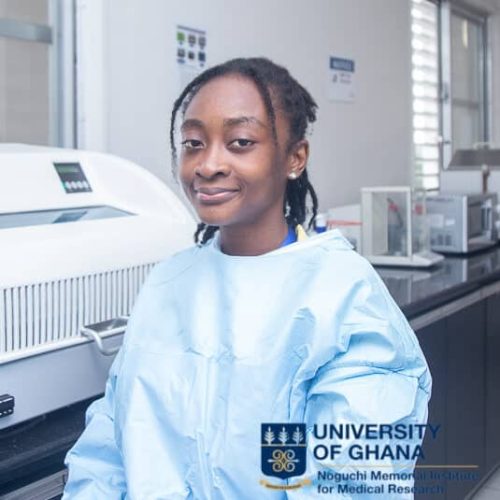Tuberculosis Comorbidity


IMPACT OF DIABETES ON TB DISEASE AND TREATMENT OUTCOME IN GHANA
Acronym: TB-DM
Tuberculosis (TB), which has killed more humans than any other infectious disease, is still a major global health problem. Established risk factors for TB include the HIV pandemic and the occurrence of strains resistant to anti-TB drugs. Diabetes mellitus (DM) is also increasingly becoming a worldwide chronic health condition, which can be attributed to increases in obesity, changing patterns of diet and physical activity as well as ageing. DM has been associated with reduced T cell response and neutrophil functional activity. Reports of many studies in different parts of the world indicated a higher DM prevalence among newly diagnosed TB cases compared to the general population. However, unlike HIV/AIDS, the relationship between TB and DM has not requires more attention, especially in low-income countries where 75% of diabetic patients live and are also battling with TB. This proposed study aims to determine the effect of DM on incidence and treatment outcome of TB in Ghana, the pharmacokinetics of anti-TB drugs, the association of TB-DM and drug resistance and evolution of distinct TB lineages. TB cases will be recruited from both the chest clinic and the diabetic clinic following the national guidelines from the respective health facilities. Every case will have a baseline HBA1c and Fasting Blood Glucose (FBG) done. Results will be used to classify patients into normal, impaired plasma glucose and diabetes as per the American Diabetes Association guidelines. All cases will be followed during treatment after consent has been sought. Detailed clinical and demographic data including lesion location by x-ray, previous treatment will be collected. We will re-test the HbA1c levels among all DM cases at 2, 5 months of treatment and 3 months after treatment to determine glycemic control. In addition, the treatment outcome and other complications during treatment will be documented. Laboratory analyses will include pharmacokinetics of anti-TB and diabetic drugs, culturing and genotyping of Mycobacterium tuberculosis complex isolates, drug susceptibility testing of all mycobacterial isolates. Association between any of the measured variables, clinical and demographic variables and DM will be calculated using standard statistics such as logistic regression analysis. At the end of the study, findings will contribute to a better understanding of DM on TB incidence and treatment outcome as well as management of the two co-morbidities





